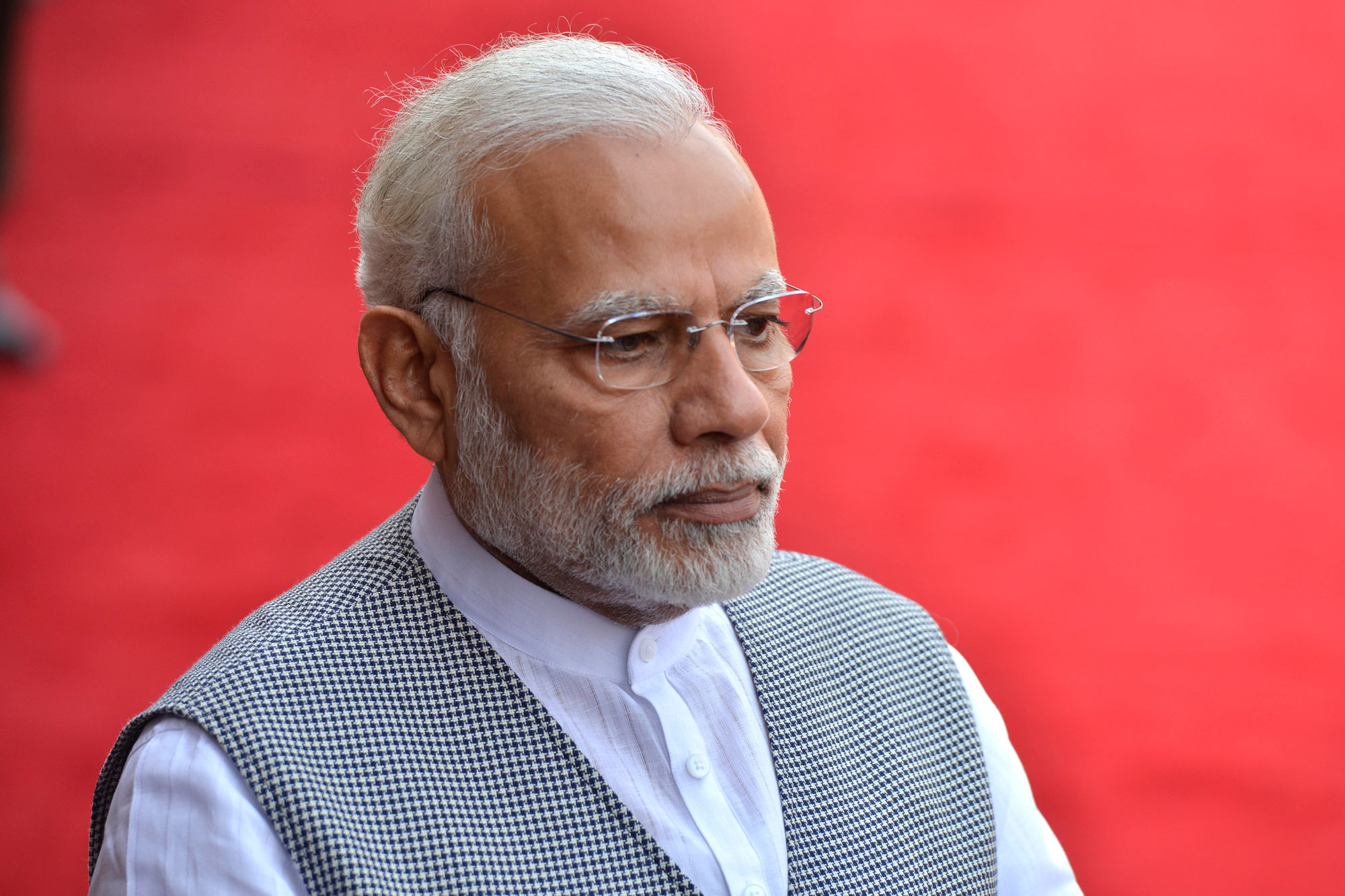Anomalies can be revealing. The United Nations has bestowed upon the Indian prime minister its highest environmental honour. Narendra Modi and the president of France have been accorded the Champions of the Earth award for their role in promoting the International Solar Alliance, a platform that seeks to encourage the use of solar power. Curiously — the contradiction is apparent — there has been sustained speculation that India’s only sanctuary for turtles in Varanasi — Mr Modi has been elected to the Lok Sabha from this seat — would be denotified because it poses an obstacle to an inland waterway project on the Ganges. This is not the only instance of the environment being sacrificed at the altar of ‘development’. India’s fraternity of environmentalists argue that the Bharatiya Janata Party is complicit in the institutional design to further endanger the country’s fragile ecology. The dilution of norms pertaining to the protection of coastal ecosystems, the frenzied pace of wildlife clearances for industrial projects as well as the draft national forest policy’s tacit encouragement of forest-based commerce can be cited as some examples of the National Democratic Alliance’s ‘commitment’ to the green cause. Of course, the NDA is not alone when it comes to casting the proverbial blind eye towards environmental challenges. One minister in the United Progressive Alliance — he was also in charge of the petroleum ministry — had made quite a name for himself because of the speed with which he issued clearances to projects that allegedly threatened local ecologies.
International recognition of the prime minister’s efforts with respect to the solar alliance is welcome. But the accolade will not be enough to mask the political class’s criminal negligence of and predation on India’s environmental inheritance. The resultant plunder lays bare an irony. The environment remains vulnerable to political machinations only because it is yet to emerge as a potent political issue in this democracy. The paucity of legal safeguards is not the problem; neither is judicial scrutiny lax on the matter. But India’s citizens are unwilling to demand accountability of their politicians in the wanton destruction of the nation’s forests, rivers and the natural life they sustain. The integration of environment in the politics of the republic may make some difference. But for that to happen, India requires potent Green parties that can compete electorally.










